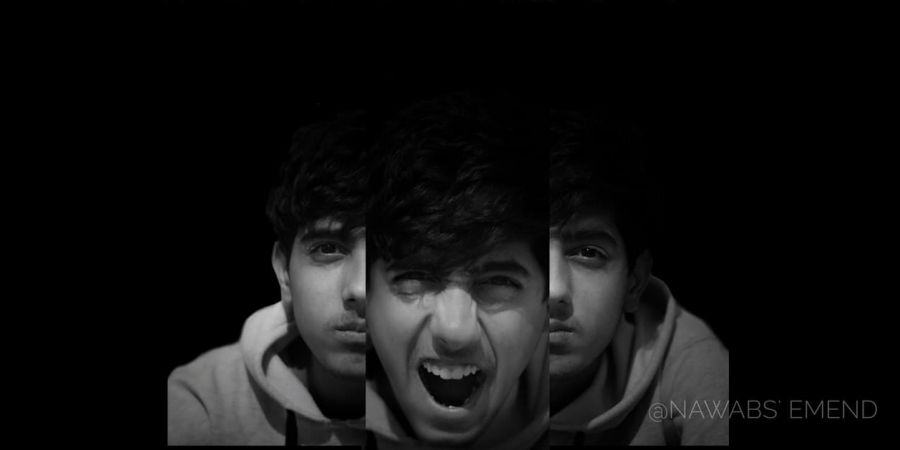

1.What is Depression?
If there's one thing you want when you're depressed, it's to draw the curtains and crawl under the covers. Depression is a mental state in which you can discover absolutely nothing positive: not in the world as a whole and not in your own life in particular. Heredity, environmental influences and personal characteristics can play a role in the development of depression. One underlying cause for depression has not been found. Several researchers see depression as a network of symptoms – such as sleeping problems and worrying – that influence, reinforce and maintain each other.Depression is the most common of all mental illnesses. In whole world, one in five adults will suffer from depression at some point in their life. Depression is more common in women than in men.
2. What are the characteristics of depression?
Depression has two main characteristics: you suffer from sadness and dejection for at least two weeks in a row and you no longer enjoy anything. In addition, there are seven other concrete signs of depression:
recurring thoughts about death and/or suicide;
little or much sleep every day;
eating a lot or little and therefore marked weight gain or loss;
motor movements have become slower or more restless;
concentration problems or indecision;
suffer from energy loss and fatigue;
feelings of worthlessness or guilt.
When are you depressed and when are you in a slump? You speak of depression if you have at least five symptoms. At least one of those symptoms must be a key feature. If you have less than five symptoms, you are in a slump.
3. Different types of depression:
Depression can range from mild to very severe. There are also different types of depression. For example, you can get depression after childbirth: a postpartum or postnatal depression. Dysthymia is a mild variant of depression. With this condition you have fewer symptoms than when you suffer from 'regular' depression, and the symptoms that occur are less intense. You will suffer from it for longer, at least two years. Depression can also be part of bipolar disorder, or manic-depressive disorder. People who are bipolar have alternating periods of depression and periods of extremely exuberant mood. Bipolar disorder usually begins in early adulthood. A seasonal depression reappears every year in the same season, for example you can suffer from a winter depression.
4. What are the causes of depression?
No one knows exactly how depression develops. Heredity plays a role, but if depression runs in your family, it doesn't mean you will develop depression yourself. However, your genetic vulnerability is greater then. Personal characteristics, such as worrying and perfectionism, can also influence the development of depression. In addition, major life events, such as illness or unemployment, increase the risk of depression. Just like events that happened long ago, such as emotional neglect or the loss of a parent in your childhood. The effect of prolonged stress on the brain probably plays an important role in the development of depression. Depression changes the structure and biochemistry of the brain.
5. Depression and work:
One in six employees has or will have psychological problems at some point during his or her career. This can vary from complaints such as stress and concentration problems to severe depression. Two-thirds of people with psychological complaints are silent about it at work. Being open about your depression at work is not a decision to be taken lightly. You can't predict how people will react. One is very understanding, the other may make a joke or a bad remark. Make a good decision for yourself: how burdensome is it for you not to tell? If you are not bothered by your complaints, it is probably a different story than if you cannot do your work without adjustments. In the latter case, openness may yield a lot.








